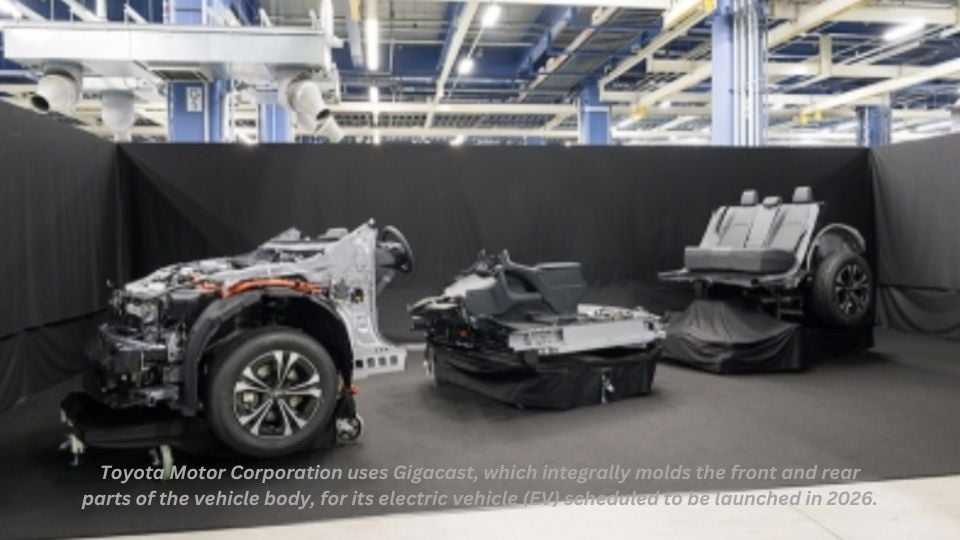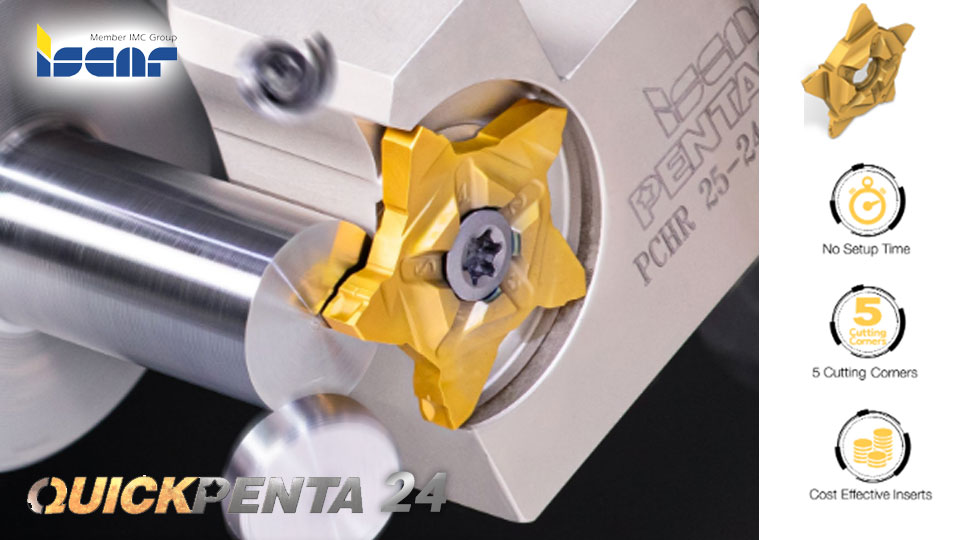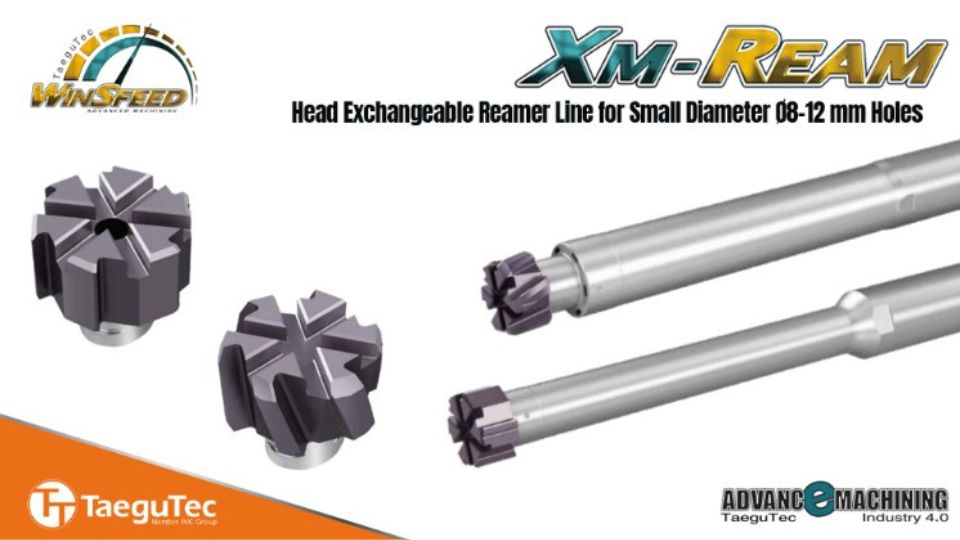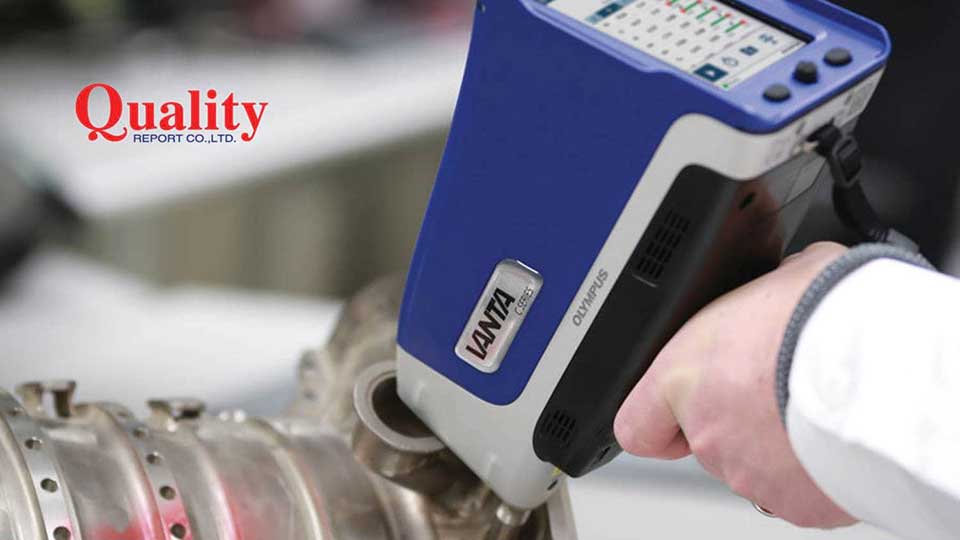
Toyota Takes on the Challenge of Production Innovation
Toyota is embracing the challenge of production innovation by transforming the factory landscape and reshaping manufacturing processes through a fusion of technology, experience, and craftsmanship.
Japan, November 6, 2023 - Toyota Motor Corporation aims to revitalize manufacturing by incorporating digital technology to renovate existing production lines. For electric vehicles (EVs), Toyota plans to leverage the expertise of the "Gigacast," a process that integrally molds the body structure, enhancing efficiency. Breaking away from conventional thinking, the company envisions a next-generation production system and workplace that can better adapt to fluctuations, setting itself apart from emerging EV manufacturers like Tesla.
Toyota positions the production site as a source of competitiveness. However, in recent years, changes have been occurring in automobile production, focusing on EVs. Emerging companies such as Tesla in the US and BYD in China have adopted production methods not constrained by the ideas of existing automakers, setting a new standard for EV production. The concept behind Gigacasting originally stemmed from a construction method pioneered by Tesla. An executive at an automobile-related manufacturer, who toured the factory of a new Chinese EV manufacturer, remarked, “The chains used to hang things from the ceiling are all made of rubber, and they are quiet. It was a scene that would have been unimaginable in a Japanese car factory,” expressing amazement at the flexibility of their ideas.
Toyota's strength lies in its ability to combine innovative technology, extensive experience, and traditional craftsmanship. The Gigacast's unique "separate type" approach, combining general-purpose and dedicated parts, reduces mold replacement time from 24 hours to just 20 minutes. The company plans to integrate the principles of the Toyota Production System (TPS), aiming to eliminate waste thoroughly and achieve a 20% improvement in productivity by 2026.
Executive Officer Shingo says, “Just buying robots doesn’t mean you can build a clean automated line. The combination of experience is important.” The knowledge and know-how we have honed over the years are irreplaceable assets. Build a production line that is resistant to changes in quantity and type by “combining existing and innovation.” This is Toyota’s image of the factory of the future.
The envisioned factory landscape by Toyota has the potential to revolutionize the entire supply chain, from part and material design to production, delivery, and logistics. Simultaneously, it could offer solutions to contemporary manufacturing challenges, including digital transformation, labor shortages, and the shift from mass production to low-volume, high-mix models.
Executive Officer Shingo expresses his determination to “change the world of manufacturing by transcending the boundaries of production, development, and suppliers.” The Toyota Production System (TPS), once a pioneering model, has become standard across manufacturing sites. Toyota's pursuit of a next-generation production system signals the beginning of a survival challenge in manufacturing.
#ToyotaInnovation #ManufacturingRevolution #ปฏิวัติการผลิต #Mreport #ข่าวอุตสาหกรรม






